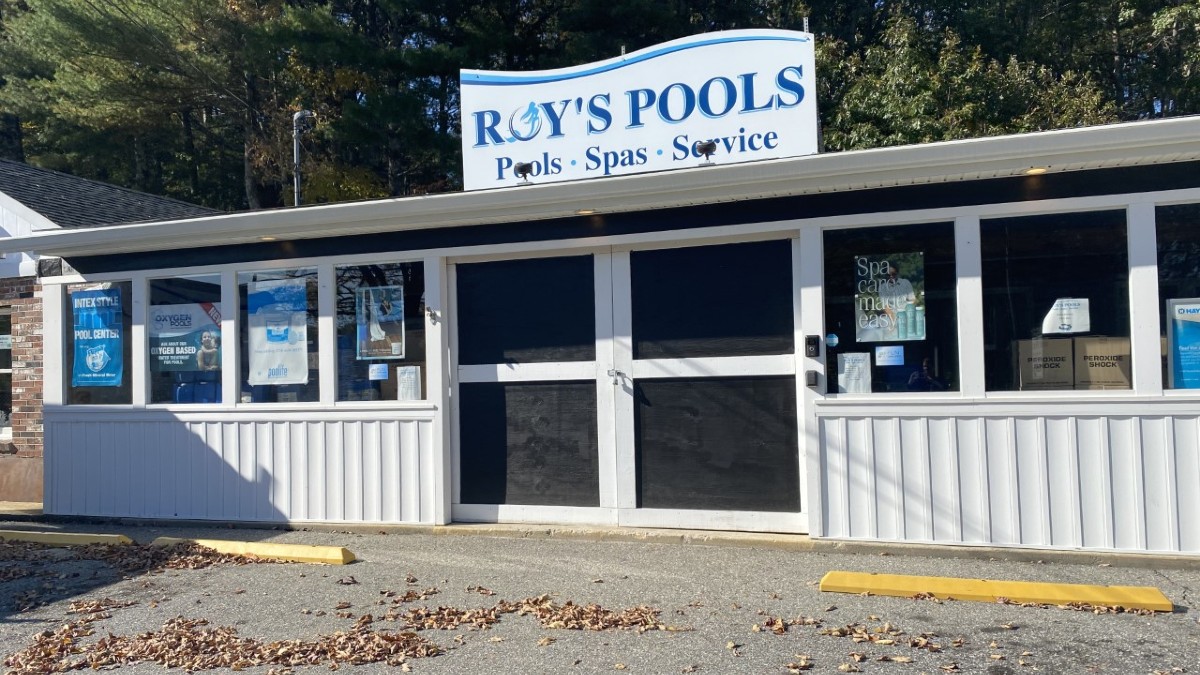
Connecticut’s zoning laws have remained essentially unchanged for a century. Many lawmakers say change is long overdue. A controversial bill that would allow for more affordable housing options cleared a major hurdle this week.
“Now is the time for us to empower the communities of Connecticut to plan for our future, to expand economic development opportunities to diversify the housing stock,” said Rep. Cristin McCarthy Vahey, co-chair of the Planning and Development Committee.
McCarthy Vahey says the bill includes the statewide legalization of accessory dwelling units -- also known as in-law apartments -- and it bans minimum parking space rules.
Opponents of the legislation say the state should not be telling local planning and zoning boards what to do.
329 medal events. 32 sports. Endless drama. Catch all the action at the Paris Olympics. Sign up for our free Olympics Headlines newsletter.
“Are we opening the door to a state-mandated, top-down, one-size-fits-all approach to zoning?,” asked Rep. Joe Zullo, R-East Haven. “Is it wise to infringe upon the unique character, the unique qualities of every single municipality in this state?”
For Zullo and every other Republican in the House, the answer was no.
House Majority Leader Jason Rojas says the bill was just a first step.
Local
“Aimed at addressing the legacy of housing policy that results in divisions in our society that have kept us from reaching our collective potential,” Rojas said.
He says past policy has consequences.
“Connecticut’s housing policy results in high housing costs which directly impacts the cost of living, allows for sprawl that has negative ramifications for the environment, and perpetuates the racial and economic disparities that affect all of us,” Rojas said. “The bottom-up approach has led us to where we are today, which is a segregated state.”
The bill is headed now to the Senate.
“I think affordable housing is more of a priority today than, you know, it’s ever been,” Gov. Ned Lamont said Thursday when asked about the bill.



